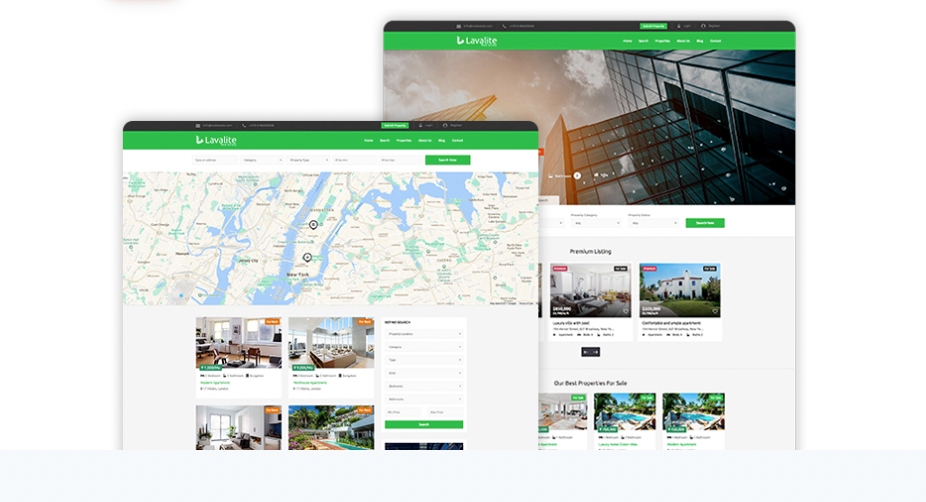Lavalite is a Laravel based Feature-rich CMS
Lavalite is a free open-source CMS that built on top of Laravel framework. It features a user-friendly admin dashboard that supports mobile small screens, informative dashboard, multilingual support, and a clutter-free interface.
Originally, Lavalite is built for Laravel developers to build custom CMS system on top of it. It can be used as a base CMS for Real-estate, eCommerce, Classified website, yellow pages, and job listing websites.
Developers and even users can easily define a new custom post types, or custom taxonomies without breaking a sweat.
Lavalite comes with a rich developer and user-friendly documentation, that guides the newcomers through the installation process, configuration, and server setup.
Features
- Developer-friendly API for Laravel developers.
- Asset management in the nutshell.
- Support custom workflow.
- Comes with several useful core packages: Alerts, Calendar, Menu, Messages, and Tasks packages.
- Extra default official packages: Content block, Blog, Contact, and Pages packages.
- Support multiple themes.
- Different views for admin, editor, users, and clients.
- Has a different public view.
- Supports content revision.
- User permission and roles.
- Supports teams.
- Built-in localization system (Translator).
- Supports social login: Facebook, Twitter, Google, LinkedIn, and GitHub.
- Forget password workflow
Screenshots
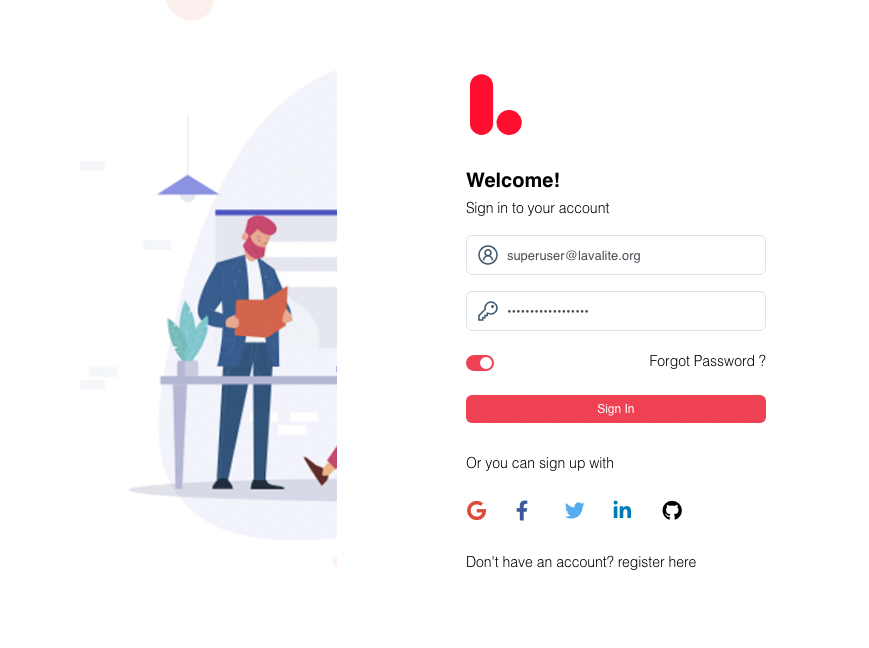
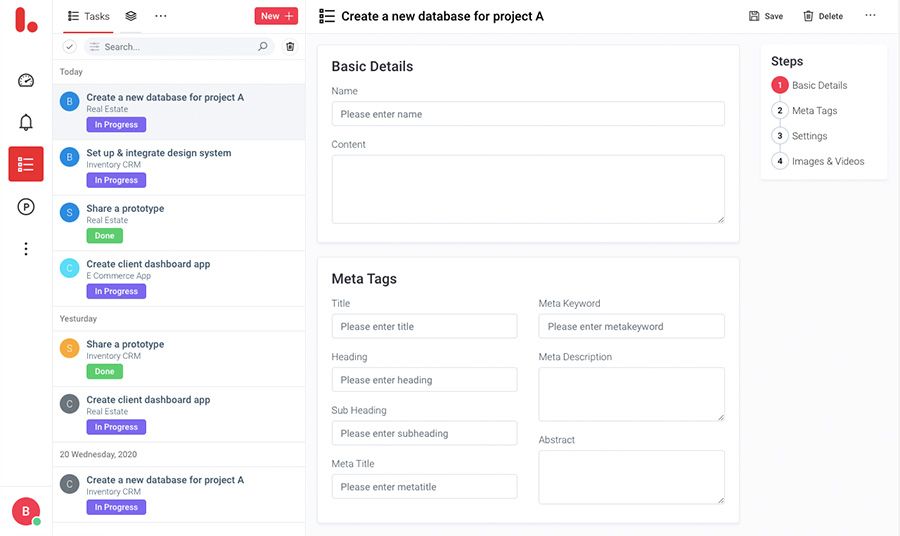
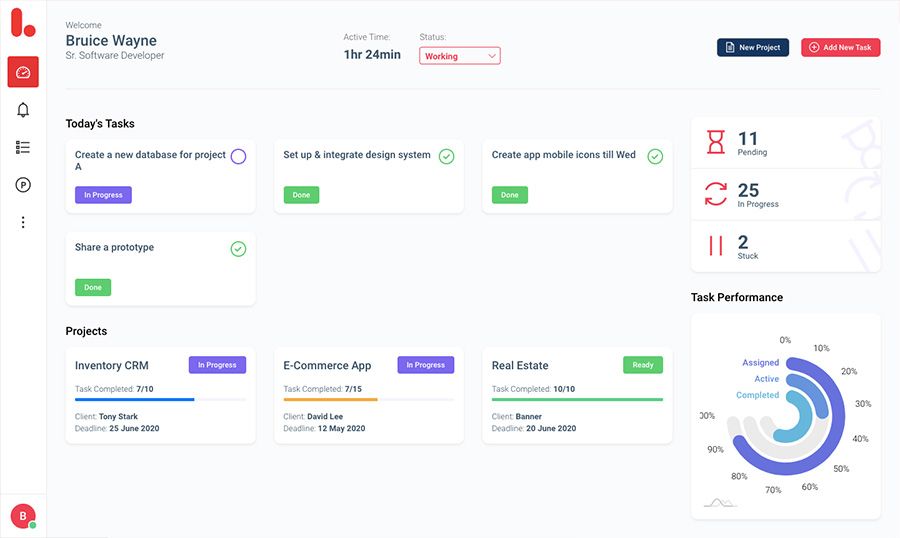
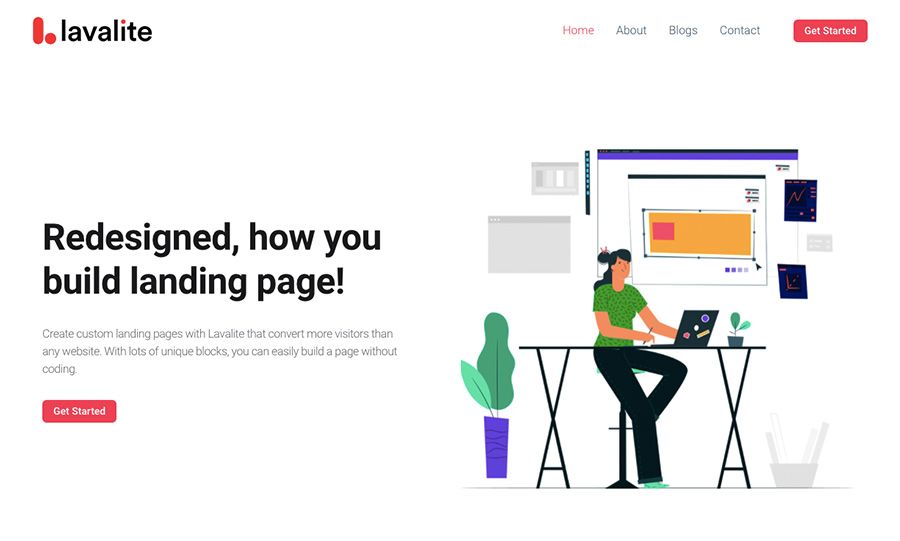
Server Requirements
To install Lavalite on your server, you need the following requirments
- PHP >= 7.1
- OpenSSL PHP Extension
- PDO PHP Extension
- Mbstring PHP Extension
- Tokenizer PHP Extension
- Fileinfo PHP Extension
- GD Library
- Imagick PHP ExtensionLicense
The Lavalite CMS is open-sourced software licensed under the MIT license.

